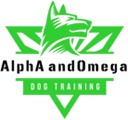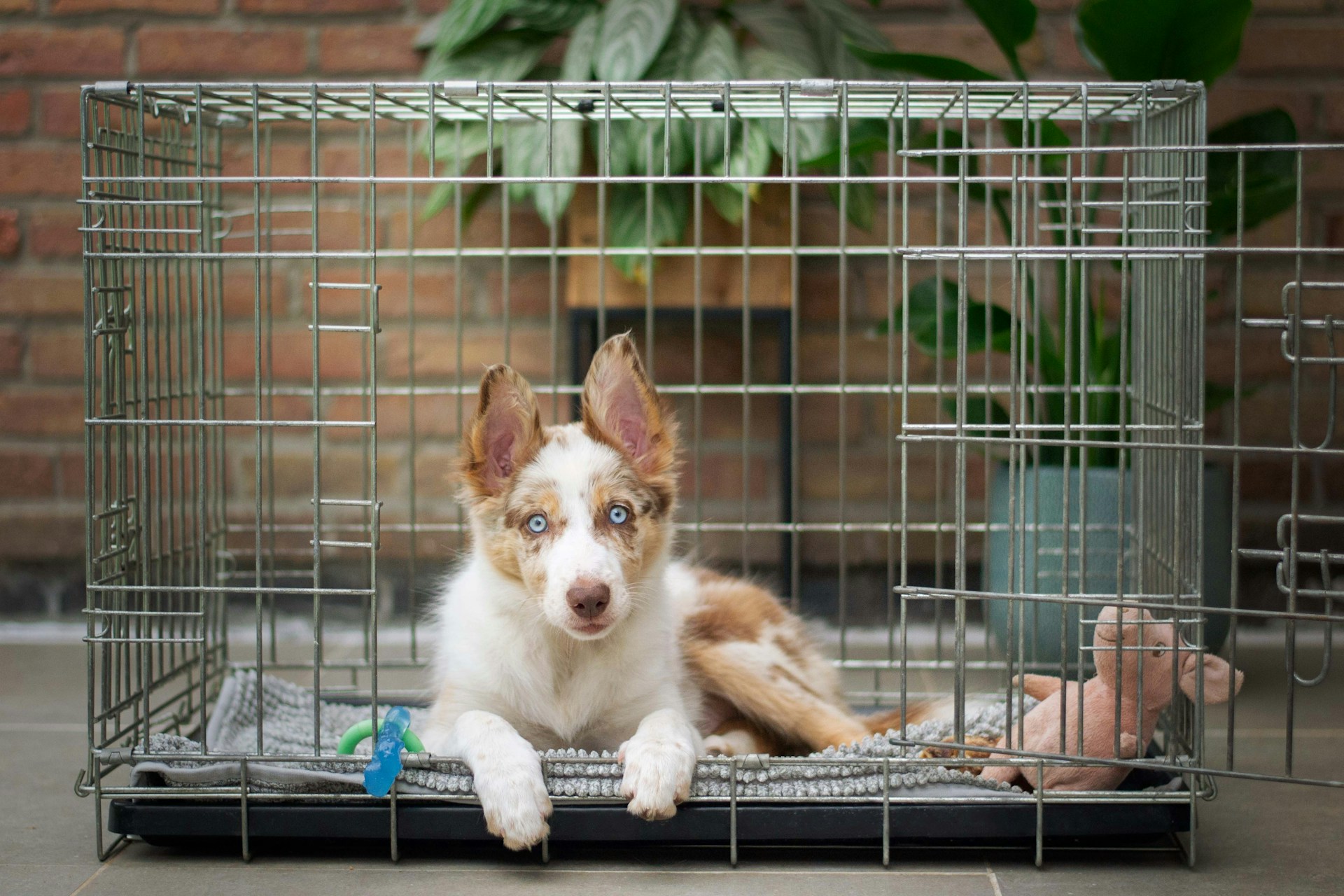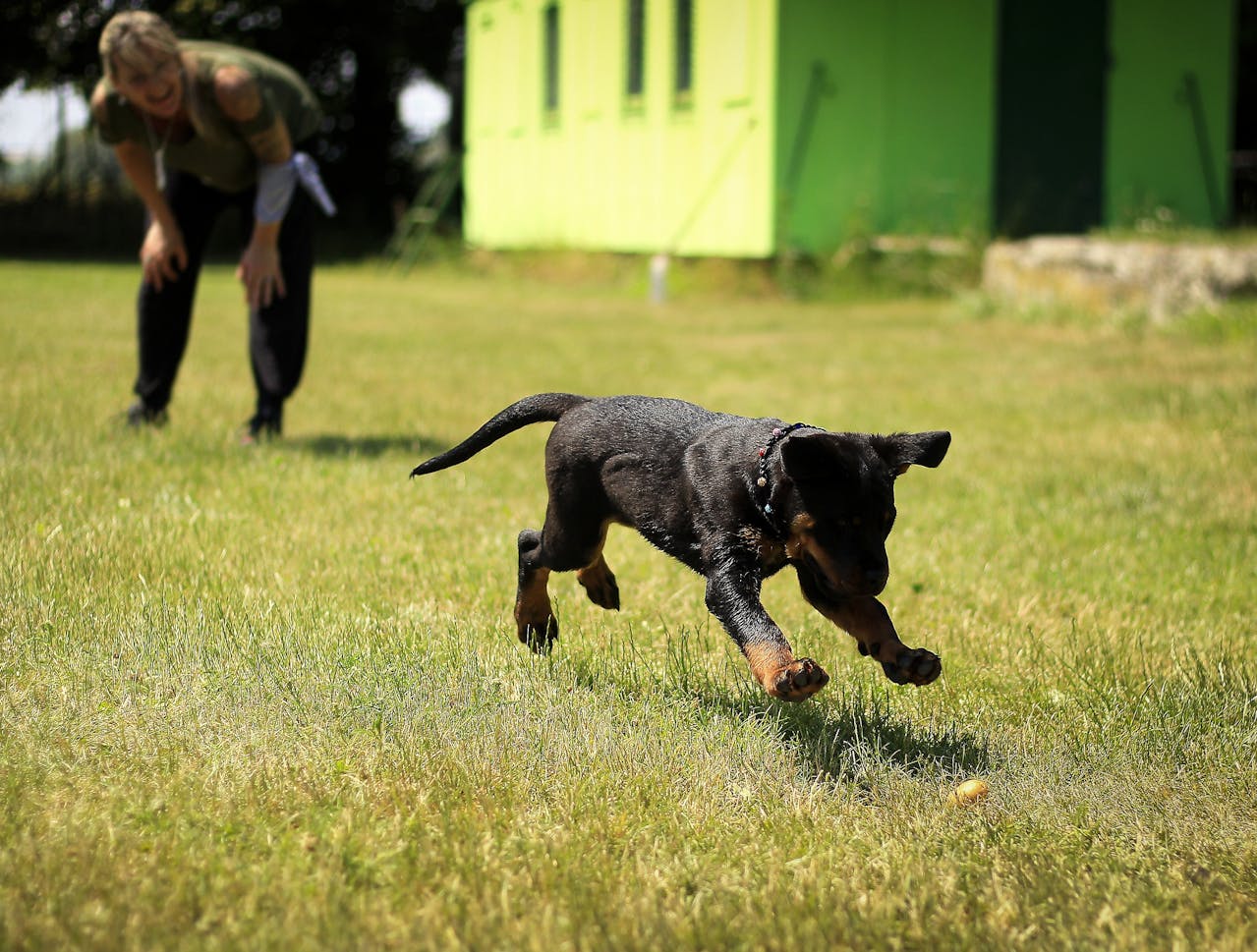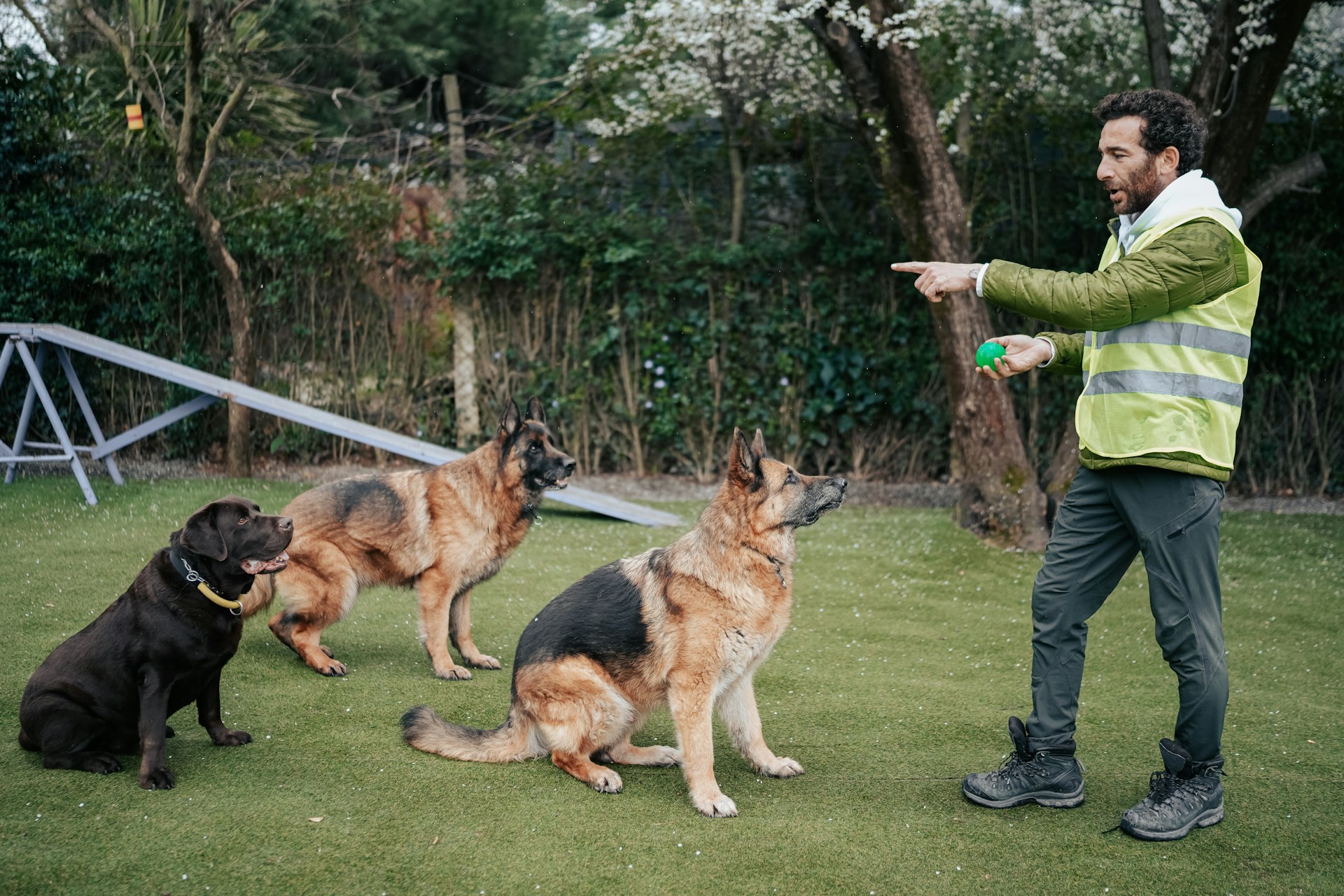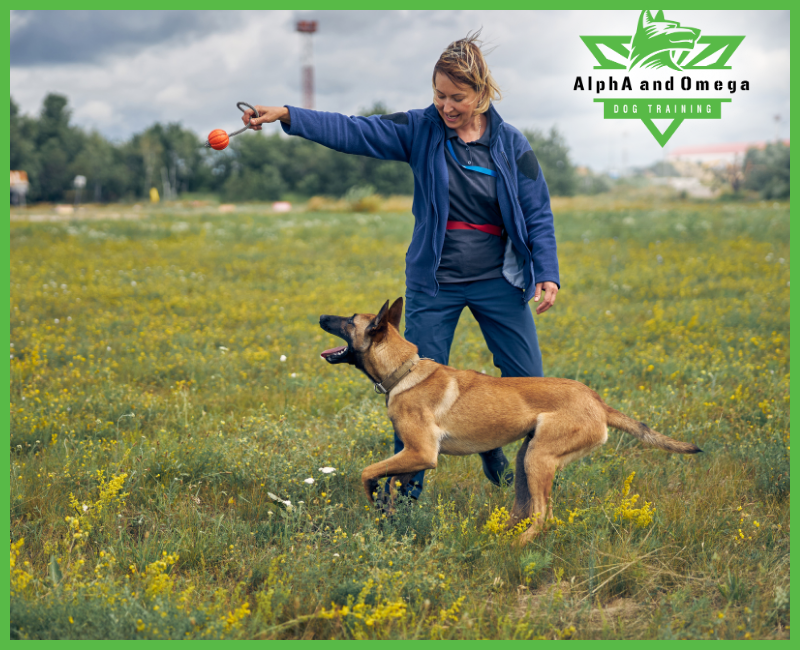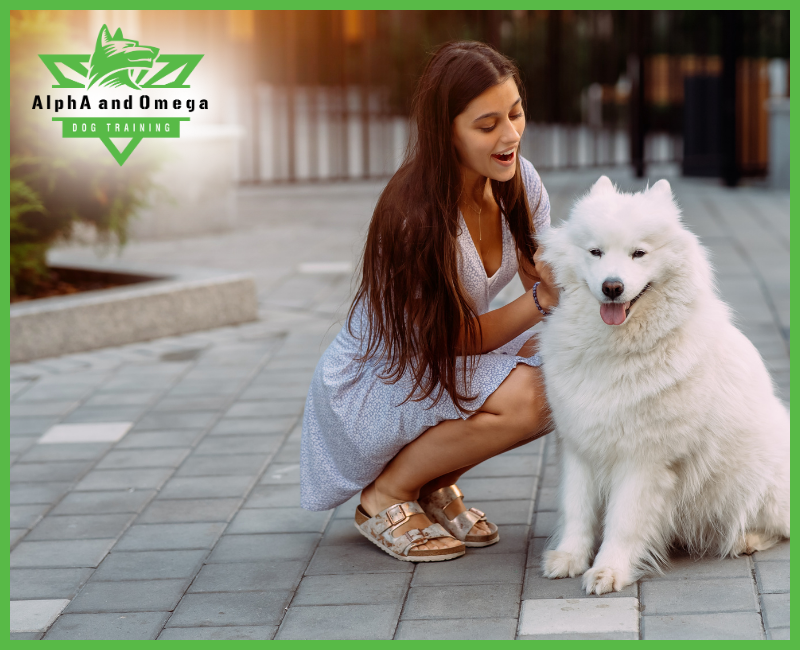
The early stages of a puppy’s life are crucial in shaping its behavior and temperament as adult dogs. One of the most important aspects of this stage is socialization, which involves exposing puppies to a variety of people, animals, and environments in a positive and controlled manner. This can help reduce anxieties as they age, but it must be done with boundaries — and with you as the AlphA.
Keep reading to give your furry friend the best possible start in life — and then give us a call to get your questions answered.
Why Does My Puppy Need Early Socialization?
There is a special ”grace period” in a puppy’s development during which the puppy must be exposed to people, places, and things so that it will not develop into a fearful adult. It is unfortunate that many owners are not aware of this important stage and refrain from sufficiently socializing their puppy. This typically leads to fearful behaviors such as barking at strangers, submissive urination, and cowering.
The socialization period in puppies coincides with the time when puppies are most vulnerable to infectious diseases. Veterinarians may, therefore, recommend limiting a puppy’s outings to reduce the chances of exposure to other puppies and potential diseases. Unfortunately, this restriction clashes with the socialization recommendations.
The issue is highly debated because most puppies are not completely vaccinated until they are approximately 16 weeks old. However, up to that age, puppies should be exposed to as much as possible. This is the ”grace period” mentioned above, where puppies undergo imprinting. It is vital, therefore, to ensure that puppies are exposed only to other healthy young dogs that have completed their vaccination series. Unfamiliar dogs should be avoided, as should exposure to contaminated feces; it may be helpful to carry the puppy in a special bag known as a Sherpa bag.
How to Socialize Puppies
Let’s look at how to socialize puppies based on their age and stage of development.
Age: Birth to 4 Weeks of Age
Breeders should start their puppy’s socialization as early as 2 1/2 weeks, and puppies should be handled by the breeder for a minute each day. The time the puppy is handled should then be increased every week, up to 5 minutes when the puppy is 4 weeks old. This daily handling allows the puppy to bond with humans and is a process called “imprinting.”
Age: 4 to 16 Weeks of Age
After 4 weeks, the puppies should be used to the smell of humans and their gentle touch. Between 4 weeks and 16 weeks, puppies undergo the most critical phase of socialization. It is at this stage that puppies should be exposed to young children, other pets, and humans in a positive matter.
Around 8 weeks, most puppies are adopted. At this stage, it is the owner’s responsibility to take over the socialization process. This means much more than taking the puppy to the vet and meeting other dogs and people there. Puppies must be taken everywhere imaginable and exposed to people of all ages and walks of life. They should also be exposed to various environments other than their home—this means taking the puppy out on walks and car rides.
The puppy should gradually get accustomed to different scenarios with different scents, sights, and sounds. They should also get accustomed to walking on different surfaces—grass, asphalt, snow, puddles, and mud. The experiences should be multi-sensorial to expose the dog to a multitude of stimuli and situations. This often means taking the puppy to the city, stores, playgrounds, construction sites, and music events.
The more places the puppy is taken to, the better. Treats may be given every now and then to praise your dog’s social behavior and to provide positive reinforcement when the pup is exposed to people and new places.
After 16 Weeks of Age
If your puppy was not properly socialized within that ”grace period,” what happens? As an owner, you may still have time to guide your dog through remedial socialization, but its impact may not be as effective. It is very important to know how to react to your puppy’s fear. Show gentle guidance and create positive associations with the trigger.
In conclusion, it is important to realize that when it comes to properly socializing your puppy, an ounce of prevention is certainly worth a pound of cure. Take advantage of socializing your puppy during that ”important socialization window” in order to develop a social and stable-tempered dog. You certainly do not want to come to realize that you own a fearful, unsocialized, potentially aggressive dog 105 pounds later. This often leads people to keep their dogs secluded and in isolation, creating a sad, solitary life for the dog.
Looking for a professional dog training service that understands the importance of early socialization in puppies? Our expert trainers use positive reinforcement techniques to help your puppy build confidence and develop important social skills that will last a lifetime. Contact us today to schedule a consultation at (844) 739-0990 or find more tips on our Facebook page and give your puppy the best start in life.
Reference: [https://pethelpful.com/dogs/The-importance-of-Early-Socialization-in-Puppies]
